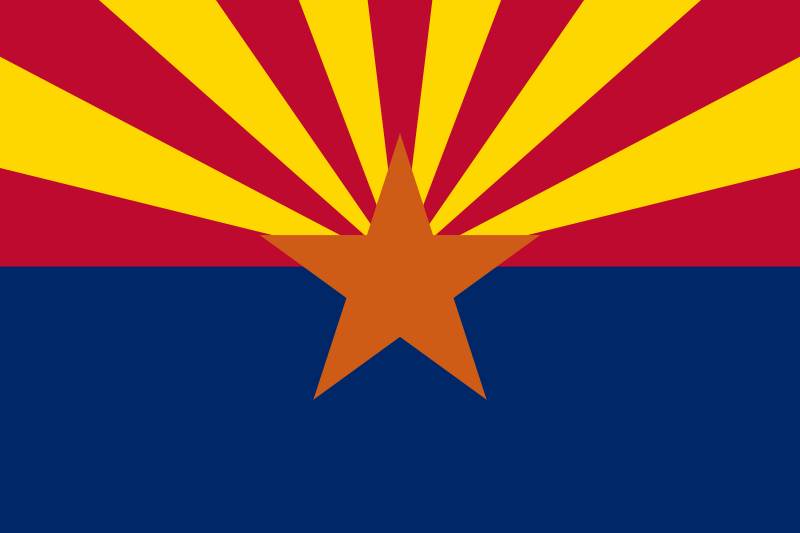Voters in Arizona will decide on a citizen-initiated constitutional amendment, titled Proposition 139, to provide a state constitutional right to abortion on Nov. 5, 2024.
On Aug. 12, 2024, the office of Secretary of State Adrian Fontes (D) verified 577,971 signatures. Arizona for Abortion Access, the campaign supporting the initiative, said in a statement that this was the most verified signatures ever collected for a ballot initiative in Arizona.
Voters in 11 states could vote on abortion-related ballot measures in Nov. 2024. As of Aug. 13, measures are certified in eight states—Arizona, Colorado, Florida, Maryland, Missouri, New York, Nevada, and South Dakota.
Proposition 139 would amend the Arizona Constitution to provide for a fundamental right to abortion that the state cannot interfere with before the point of fetal viability. Fetal viability is defined in the measure as the point of pregnancy when there is a significant chance of the survival of the fetus outside of the uterus without the application of extraordinary medical measures. The ballot measure would provide that this right cannot be interfered with unless justified by a compelling state interest, defined as a law or regulation enacted for the limited purpose of "improving or maintaining the health of an individual seeking abortion care" that does not infringe on that person's decision-making.
Currently, in Arizona, abortion is legal for up to 15 weeks of pregnancy.
Cheryl Bruce, the campaign manager for Arizona for Abortion Access, said, "This is a huge win for Arizona voters who will now get to vote yes on restoring and protecting the right to access abortion care, free from political interference, once and for all."
Gov. Katie Hobbs (D), who also supports the amendment, said, "To the people across Arizona who are concerned about the future of abortion rights in our state, who are worried about their bodily autonomy, who don’t want to see the freedoms of their wives, sisters and daughters restricted, you can make your two cents known at the ballot box, and I encourage you to do so."
Cindy Dahlgren, spokeswoman for It Goes Too Far, the campaign opposing the amendment, said, "Unfortunately, most voters are not told that under this unregulated, unlimited abortion amendment they will lose the required medical doctor, critical and commonsense safety standards for girls and women seeking abortion, and moms and dads will be shut out of their minor daughter’s abortion decision, leaving her to go through the painful and scary process alone. Abortion is legal in Arizona up to 15-weeks and we have common sense safety precautions to protect girls and women. It’s reckless to lose those safety precautions just to expand abortion beyond what most voters support."
Marjorie Dannenfelser, president of Susan B. Anthony Pro-Life America, an organization also opposing the amendment, said, "Governor Hobbs and her pro-abortion allies will pour millions into deceiving the voters about the upcoming amendment that permits abortion on demand when babies can feel pain and survive outside the womb. We must defeat this extreme measure that would force Arizonans to pay for abortions and eliminate health protections for women."
The ballot initiative would be the second measure in Arizona’s history related to abortion. In 1992, voters rejected Proposition 110, which would have prohibited abortion in Arizona, except in cases of rape, incest, or to save the life of the pregnant woman, and banned the use of state funds for abortions.
Following the Dobbs v. Jackson Women’s Health Organization U.S. Supreme Court decision in 2022, which overturned Roe v. Wade, seven abortion-related measures appeared on the ballot. In 2022, there were six ballot measures addressing abortion—the most on record for a single year. Three—in California, Michigan, and Vermont—proposed enacting state constitutional rights to abortion, and each one was approved. The most recent abortion-related ballot measure to be passed by voters was Ohio Issue 1, which voters approved in Nov. 2023.
Additional reading:



